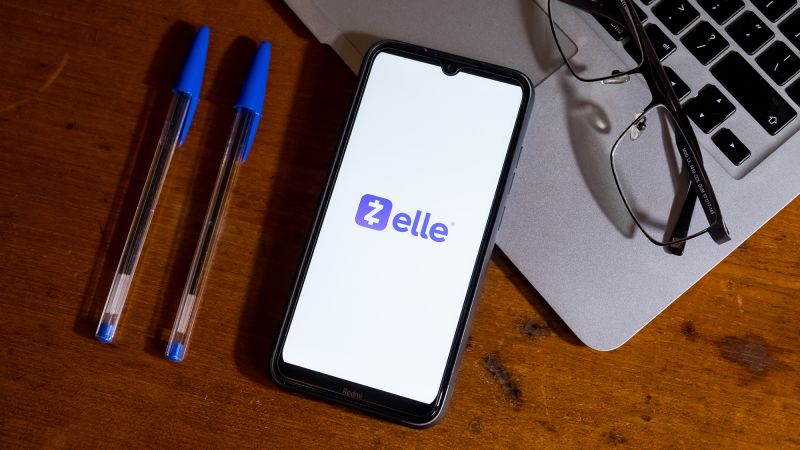Zelle, the widely used peer-to-peer payment platform, has recently announced its return to full service after experiencing a significant outage that affected customers at various financial institutions. This disruption was officially attributed to an internal issue at Fiserv, a payments technology firm that provides services to numerous banks and financial service providers. The incident stirred considerable concern among users who rely on Zelle for immediate transaction capabilities, particularly in the midst of monthly financial obligations.
The outage was significant enough to catch the attention of DownDetector, a platform that tracks service issues reported by users. From early Friday morning, the number of complaints surged, peaking throughout the day before showing signs of decline in the afternoon. The complaints came primarily from users facing problems with payment transactions, raising alarms about the reliability of a service that millions depend on for financial transactions.
A spokesperson for Zelle confirmed the situation in a statement issued to CNN, indicating that Fiserv was at the center of the trouble. The communications from Fiserv confirmed that the service outage stemmed from an internal issue, which they asserted had since been resolved. A representative from Fiserv elaborated, stating that they were now working to process the backlog of transactions that had accumulated during the disruption. Importantly, Fiserv clarified that the downtime was not caused by any malicious activity, further reassuring users about the overall integrity and security of the service.
In the meantime, Zelle users have reported seeing transactions marked as “payment pending,” which added to their frustration during the outage. The spokesperson for Zelle mentioned that the payment service was actively working alongside its partners to address the situation, giving hope that resolutions were on the horizon for affected customers.
While Zelle did not disclose the names of the exact banks impacted by the outage, users from Truist and Navy Federal Credit Union took to DownDetector to voice their struggles. For instance, one Truist customer shared their experience, highlighting that their rent payment had been pending since Thursday evening. The emotional toll was evident as the user expressed feelings of helplessness, stating, “I feel like my money is just floating, and no one will help with anything or take any accountability!” This sentiment embodies the frustration felt by many during the outage.
Bank representatives from several financial institutions, including Bank of America, directly referred inquiries to Zelle, thereby stressing the communication dynamics during such events. Matthew Card, a spokesperson for Bank of America, confirmed that their customers were indeed experiencing delays related to Zelle payments. “Earlier today some clients experienced a delay in sending and receiving certain payments,” Card noted, emphasizing that this issue stemmed from a vendor-related complication affecting multiple banks. He concluded on a positive note, revealing that the issue had since been resolved, allowing customers to regain confidence in the service.
Zelle serves an essential purpose in the American financial landscape, enabling users to transfer billions of dollars daily between accounts with relative ease. The platform is owned by Early Warning Services (EWS), a consortium co-founded by major banking institutions, including JPMorgan Chase, Bank of America, and Wells Fargo. This background highlights the robust infrastructure behind Zelle, yet it also underscores the complexities and dependencies that can lead to such outages.
In summary, while Zelle’s recent outage has sparked considerable user dissatisfaction, particularly among customers of affected banks like Truist and Navy Federal, the service is working diligently to rectify the issues experienced. Both Zelle and Fiserv have communicated their commitment to addressing the backlog of transactions while assuring users that steps are being taken to prevent future occurrences. As the situation stabilizes, many users will surely look forward to more consistent service and improved communication regarding operational reliability.



